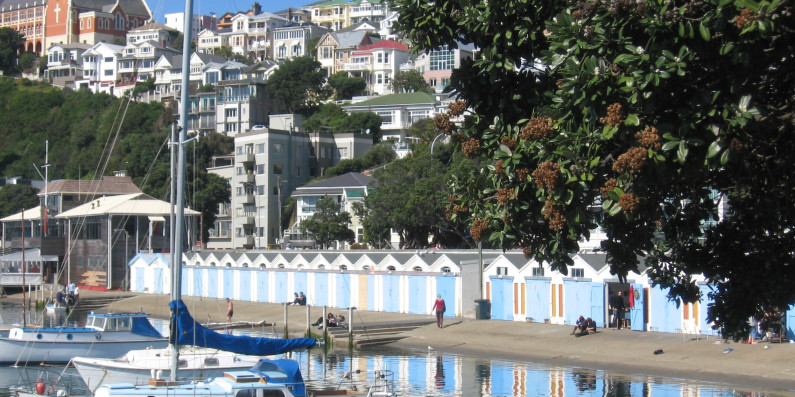
Meeting the costs of our climate action
The Government has a range of work underway to inform how Aotearoa New Zealand meets the costs of adapting to climate change, finances the transition and invests in resilience.

The Government has a range of work underway to inform how Aotearoa New Zealand meets the costs of adapting to climate change, finances the transition and invests in resilience.
Climate change is accelerating, and its effects are already and increasingly being felt by New Zealanders, the economy and public finances. We are experiencing more severe and frequent droughts, floods and storms, higher temperatures, and rising sea levels.
Aotearoa New Zealand has committed to supporting global efforts to reduce emissions through its domestic and international commitments. This includes a commitment to directing finance flows towards developing a net-zero and climate-resilient economy under the Paris Agreement.
Policy and legislation will set the scene for how the government considers and makes decisions about how the costs of climate change will be shared. There are reforms and reviews underway across government that will help us to better understand how the costs of climate mitigation, impacts and adaptation will be shared.
It will take time to understand how costs and risks might be shared in the future.
To help address this challenge, the Ministry for the Environment and the Treasury committed to publish the programme of work for meeting the costs of climate change and investing in resilience in Aotearoa New Zealand’s first national adaptation plan. This is also an opportunity to provide visibility of the funding and financing of climate change mitigation.
Finance can be an important tool to enable action to lower emissions and adapt to climate change. Initiatives are needed that ensure enough funding and finance flows towards low emissions and climate resilient activities, thereby catalysing action. The work outlined in this programme will help to accelerate the transition, including by supporting effective decision making, mobilising capital, and aligning investment and spending with Aotearoa New Zealand’s climate goals.
Financing means providing loans or making investments that support climate activities. Funding provides money to support climate activities and is not typically required to be paid back.
There is no single approach to direct the flow of finance towards our climate goals. Instead, our transition to a net-zero economy will require using a range of tools and mechanisms across the system – changes that require significant and sustained investment over the short, medium, and long term, as we approach our 2050 emission reduction milestone and beyond.
The public and private sectors need to work together to provide the necessary funding and financing to reduce our emissions and adapt to climate change.
As outlined in the first emissions reduction plan, the Government has four objectives which guide its approach to funding and financing the climate transition:
This work programme lays the foundations for achieving these objectives.
Given system-level change is required, this work spans many areas and intersects with a range of partners and stakeholders.
To illustrate this, we have separated the workstreams into five broad areas: